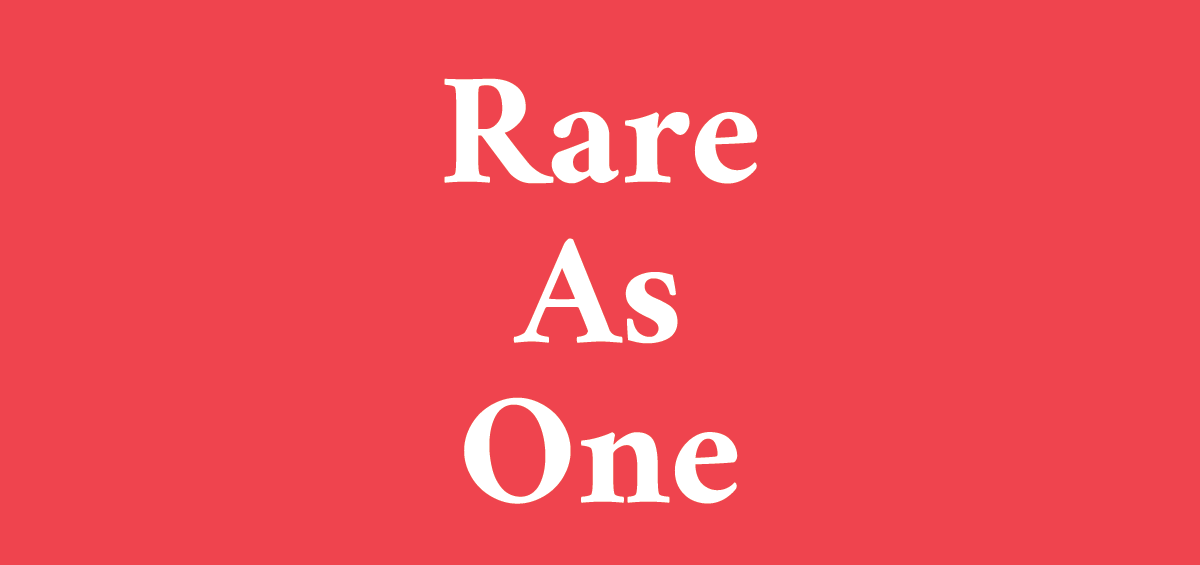TANGO2 Research Foundation Awarded Grant from the Chan Zuckerberg Initiative to Fight Rare Disease
Part of $13.5 Million from the Chan Zuckerberg Initiative to Drive Progress Against Rare Diseases
MIDDLETOWN, Conn. (Feb. 3, 2020) — The TANGO2 Research Foundation is excited to announce it has received $450,000 in funding from the Chan Zuckerberg Initiative (CZI) to continue its work to find treatments and a cure for a rare genetic disease called TANGO2. The two-year grant will allow the foundation to greatly accelerate the expansion of its research network and capacity building initiatives. The foundation is one of 30 patient-led organizations receiving funding from CZI’s Rare As One Project, aimed at supporting and lifting up the work that patient communities are doing to accelerate research and drive progress in the fight against rare diseases.
Rare disease is anything but rare. As many as 7,000 rare diseases affect 400 million people worldwide. The vast majority are not well known or understood, and fewer than five percent have any FDA-approved therapy. Yet, patients are meeting these challenges head on. The Rare As One Project is committed to uniting these communities in their quest for cures. Patients are experts in their disease area, and their knowledge has the power to dramatically accelerate the pace of research.
“We’re very grateful and honored that the Chan Zuckerberg Initiaitive has recognized the TANGO2 Research Foundation as a patient-led organization that is making a positive impact on the lives of patients and families affected by TANGO2 disease,” said Mike Morris, Co-Founder of the TANGO2 Research Foundation. “We’re going to use these funds to grow our research network, build a sustainable model for funding, and transition from an all-volunteer organization to one that has dedicated professionals focusing on this critically important work every day.”
With the help of this two-year grant, the TANGO2 Research Foundation aims to:
- Connect and partner with patient communities, researchers, and clinicians;
- Share, learn from, and work together with other rare disease organizations;
- Develop a collaborative research network;
- Build a sustainable funding pipeline; and
- Develop a comprehensive research agenda.
“No one is more committed to finding cures for rare diseases than the patients and families of those affected by these disorders,” said Priscilla Chan, Co-Founder & Co-CEO of CZI. “We are proud to support patient-led organizations as they pursue diagnoses, information, and treatment options in partnership with researchers and clinicians.”
About the Chan Zuckerberg Initiative
Founded by Dr. Priscilla Chan and Mark Zuckerberg in 2015, the Chan Zuckerberg Initiative (CZI) is a new kind of philanthropy that’s leveraging technology to help solve some of the world’s toughest challenges — from eradicating disease, to improving education, to reforming the criminal justice system. Across three core Initiative focus areas of Science, Education, and Justice & Opportunity, we’re pairing engineering with grant-making, impact investing, and policy and advocacy work to help build an inclusive, just and healthy future for everyone. For more information, visit www.chanzuckerberg.com.
About the TANGO2 Research Foundation
The TANGO2 Research Foundation, a patient-led rare disease organization, was founded in 2017. Their mission is to lead the way in finding a cure for TANGO2 related disease by helping to fund, coordinate and guide scientific research. The TANGO2 Research Foundation also offers family outreach and support in addition to raising general awareness about this serious disease. They are a registered nonprofit 501(c)(3) organization. For more information, visit tango2research.org.
About TANGO2 Disease
This rare genetic disorder was only discovered in 2016. Symptoms first appear as children reach about 12 months. These children face many health challenges including life-threatening arrhythmias, rhabdomyolysis and metabolic crises. In addition, many suffer from intellectual disabilities and developmental delays, loss of motor and cognitive skills, muscle weakness, seizures, and more. TANGO2 disease is progressive and there is currently no treatment or cure.


